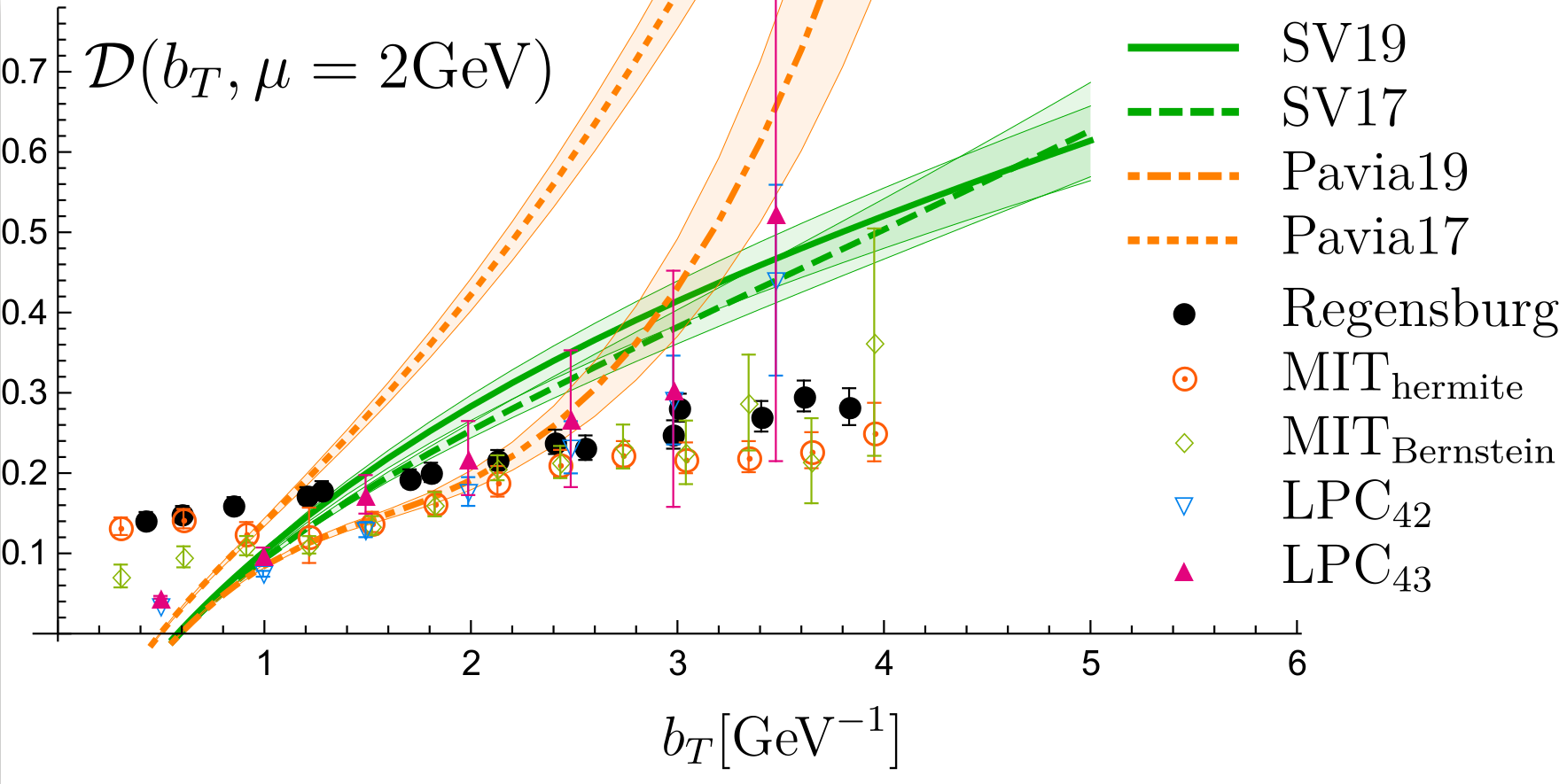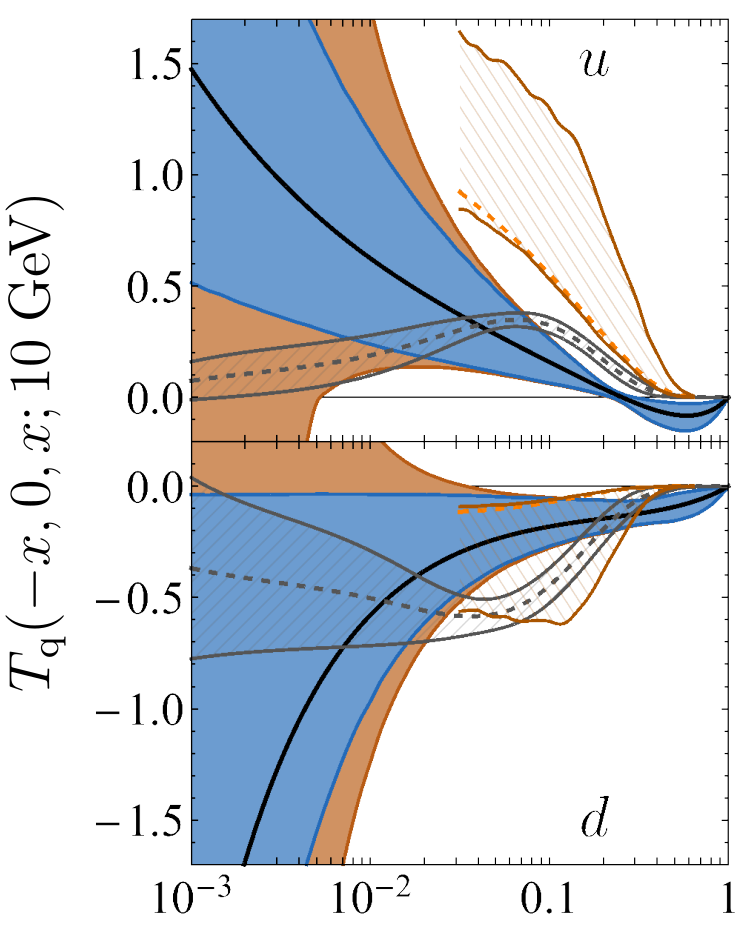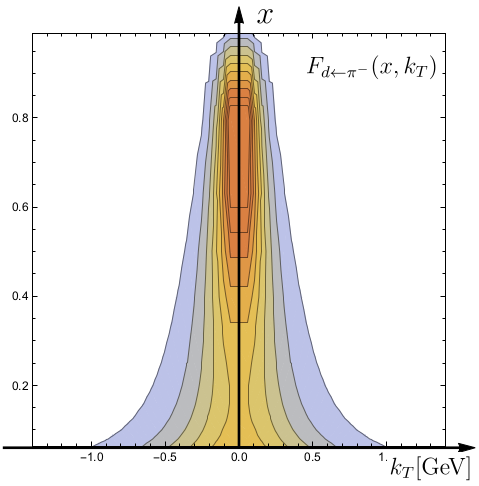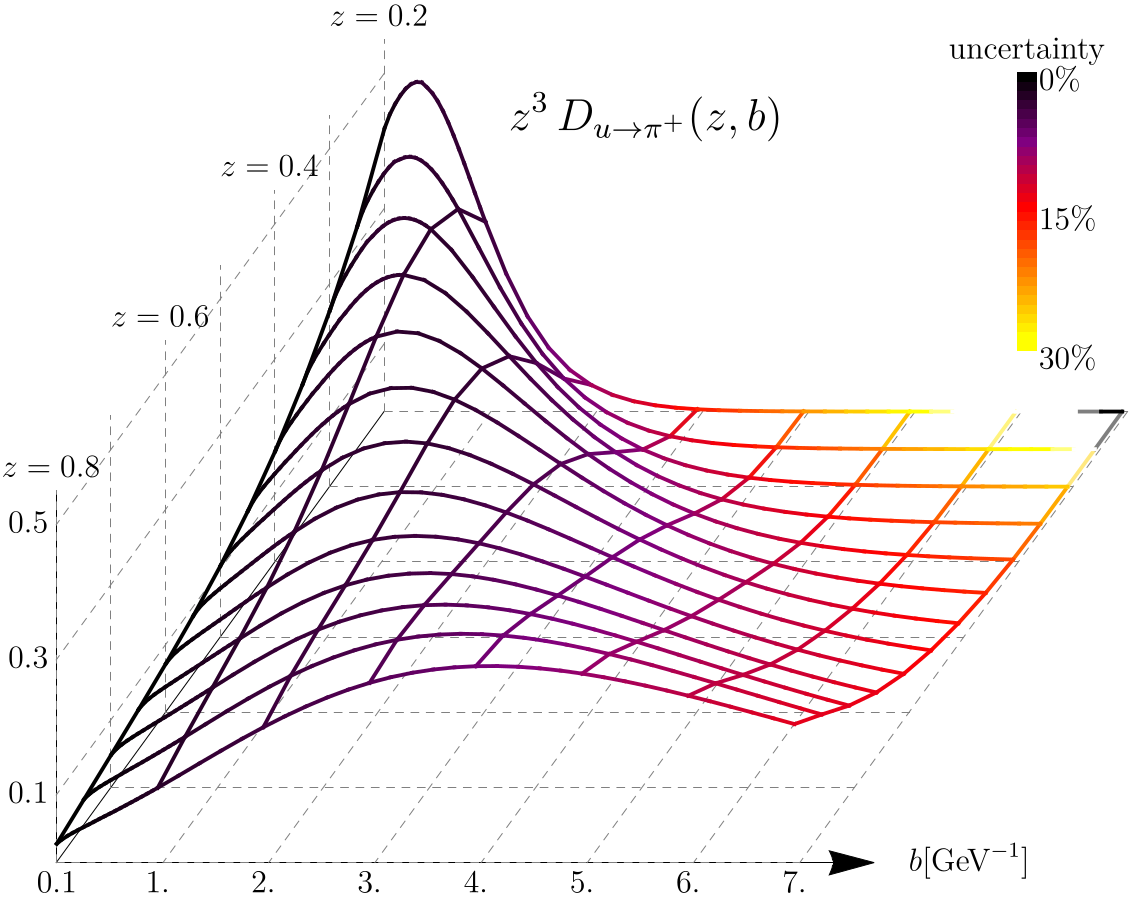Often I need to values of TMDs or PDFs. And since I am working a lot with Mathematica, I have plenty of scripts and modules related to it. Finally, I decided to organize a bit this experience, and collect these scripts into a package. Due to a lack of imagination, it is called LHAPDFreader. Currently, it can parse grids from LHAPDF (reading values of alphaS, and PDFs) and TMDlib (Pavia format). It is not as fast as original C++ codes, but for fast comparison and beautiful plots, it works well.I plan to update it with some extra features in the future.
It can be downloaded from the ExtraMaterials page.
In the next update (v2.05) harpy will be compiled with python3 (the python2 version is still present if needed). It can be already found in the artemide-development repository.
Another important news is a new repository. It contains the python library which is used for fits and data-analyses with artemide. It is not complete yet since the code was written in python2 and needs some updates and refactoring. The repository also contains the data collection used to fit artemide. All data sets contain a reference to sources.
Generically, the DataProcessor has a very simple structure. There are "points" which are dictionaries with all information needed to compute the cross-section by artemide in the artemide-friendly form (processes, bins, cuts, etc.), additionally, they contain all information needed for accurate comparison (uncertainties, normalization factors, etc). The "points" are collected to "DataSets" which also knows the information about this data set (normalization uncertainties, covariance matrix, etc), and equipped by methods for phenomenological analysis (like chi^2-computation, shifts evaluations, etc). For better performance "DataSets" can be combined into "DataMultiSets". There is an additional module that helps to send "points", "DataSets" and "DataMultiSets" directly to artemide in an optimal way and receives theory-prediction for it.
The talks-page is updated with two recent talks: one about web-diagrams, and another about non-perturbative definition of Collins-Soper kernel.




